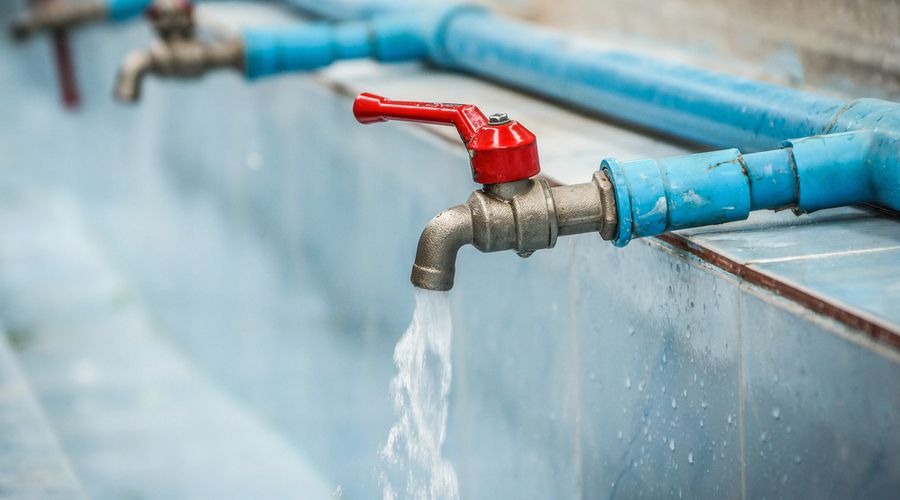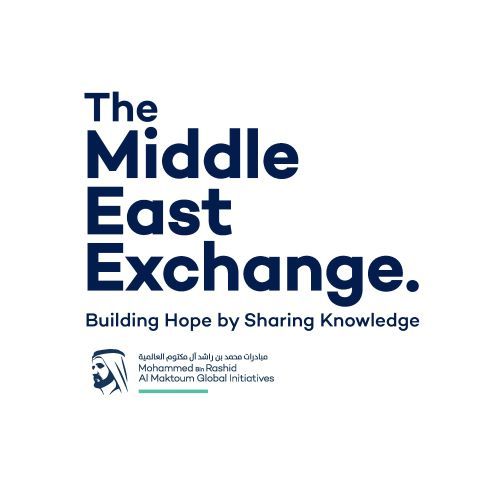Liquid assets: Conserving Palestine’s water supplies

In the Palestinian territories, severe water shortages have become an unfortunate norm – while Israelis living in nearby Jewish settlements enjoy water in abundance.
Currently, West Bank Palestinians consume around 70 litres of water per capita per day, according to the Palestinian Hydrology Group.
However, the World Health Organisation says people require a minimum daily water allotment of between 100 and 120 litres to maintain the even the most basic standard of living.
A further issue putting strain on local supplies is water loss and wastage. Palestine water losses account for more than 33 percent of supplied water despite its scarcity, according to government figures.
Local entrepreneur Baker Amin says such startling figures call for “a serious and innovative solution”.
Just under a year ago, Amin set up Flowless, a social enterprise that aims to address water shortages through technology.
Flowless is developing a smart system, consisting of metering, clustering, and fully autonomous analysis using AI to detect and prevent leakage in water networks. Amin says the company’s vision is “to help water service providers significantly improve water supply efficiency by minimising losses”.
Flowless is currently targeting water service providers in Palestine and Jordan as initial markets for the first phase of its project. In his former job working for a local utility company, Amin says he noticed major inefficiencies in the water consumption and tracking systems.
“There were issues with the water management approaches,” he says. “Much of the tracking was done manually by people, which takes a lot of time and is inefficient.”
The Flowless founder says he set about searching for market solutions that could incorporate technology into water management solutions and use fewer manhours.
“We have extreme water scarcity in Palestine – we are losing millions dollars of water monthly due to bad connections and bad management. So our system combines AI and Internet of Things (IoT) to collect real time data and provide insights to the utility company or the municipality. Through this, we reduced the effort needed and improve the quality and quantity of supply,” says Amin.
The Flowless founder says he received some initial funding for his venture but he is seeking new investors to expand the business, potentially into other water-scarce regions such as the Gulf.
“We now have four young professionals working at Flowless and we have seven engineers working on the network analysis,” Amin says. “We are acquiring more and more technology… by the end of 2020, we want to expand to Saudi Arabia, the UAE and Lebanon.“However, getting investment hasn’t been easy. The ecosystem is still developing and the key players are still learning – this includes mentors, incubators and investors.”
Amin says his business is driven by a passion for his country and its people. More than anything, he says want to achieve impact in a very underserved market.
“I’m Palestinian and this is our land. We are having problems with water scarcity, as well as political issues and outdated management issues. It is complicated. We have to come up with innovative solutions and use every tool that we have.”
He says that young Arabs should take heart and set up similar solutions-based companies to address the Middle East’s socio-economic challenges.
“I believe that most young Arab innovators hold themselves back as they are thinking there is always a problem with funding and so on. But I know that if you work really hard to develop your team and vision there are opportunities out there,” Amin says.
“I would like to hear about more social and environmental entrepreneurs in the Arab world – we really need solutions in these sectors. Environment, waste management and water sectors are so important. Now is the time to try and change the status of our region.”



